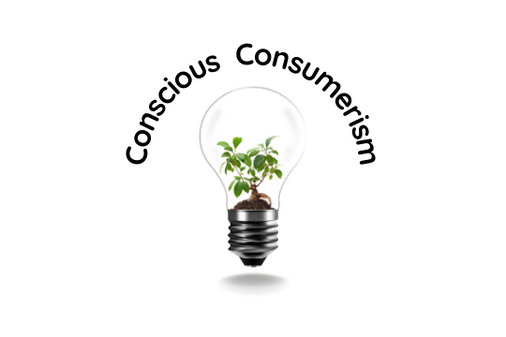
Eco-Friendly Fabrics: Why Organic Cotton Outshines Bamboo for Babies, Children, and the Environment
Share
When it comes to dressing our little ones, comfort is non-negotiable. And for eco-conscious (or even just child-conscious) parents, there's a fabric that not only pampers delicate skin but also champions sustainability – Organic Cotton. Here's our simple breakdown for why - when compared with Bamboo clothing products.
Softness Matters:
Organic Cotton gives that naturally soft and breathable feel, perfect for delicate skin. It's the go-to for those who need a little extra care or just deserve the best in a natural way. Our products are certified Organic by the Global Organic Textile Standard (GOTS) which uses independent certifiers to verify the production process.
Green from the Roots:
Organic Cotton is grown without nasty pesticides or GMOs, making it a win for soil health and water conservation. The whole process leaves a tiny footprint and ensures a safe environment for our hardworking farmers.
Minimal Water Consumption:
Organic Cotton uses 91% less 'blue' water (from lakes and rivers), as it's mostly grown on smaller farms which use rainwater. As no chemical pesticides are used to grow Organic Cotton, there's no chemical pollution of local waterways, and no chemicals next to your baby's delicate skin!
Now, bamboo gets some hype as an eco-friendly option, but there's a twist.
Bamboo's Catch:
CHEMICAL INFLUENCE
Sure, bamboo grows fast and is renewable, but turning it into fabric requires a chemical influence called "rayonization." This process can be a bit rough on the planet and the people involved, with chemicals like sodium hydroxide and carbon disulfide entering the scene (and waterways during the rinsing process). The rinsing process doesn't completely eliminate the chemicals from the fabric, making it susceptible to catching fire, usually melting first - something you don't want when your baby is wearing the material.
Further, although bamboo can be certified Organic whilst on the field, all of that goodness is lost when it is processed into fabric. The FTC states: “When bamboo is processed into rayon and similar fabrics, there's no trace of the original plant is left. [emphasis added]”
Brands such as Patagonia have taken a stance against products containing bamboo's rayon and cellulose products, importantly stating: "The solvent used for this [manufacturing] process is carbon disulfide, a toxic chemical that is a known human reproductive hazard".
ANTIBACTERIAL CLAIMS
The FTC also clarifies: "Bamboo that has been processed to make soft fabric no longer has the same qualities as bamboo...although a bamboo plant can resist the growth of bacteria, there’s no evidence that rayon fabric made from processed bamboo is “naturally” antibacterial."
TRANSPORT EMISSIONS
Transportation can contribute to carbon emissions. Bamboo textiles are often manufactured in regions far from where bamboo is grown, which can result in additional carbon emissions due to transportation.
ENERGY-HUNGRY MANUFACTURING
The chemical processes involved in converting bamboo into fabric can be energy-intensive. This can contribute to greenhouse gas emissions if the energy source is not renewable or if energy-efficient practices are not implemented.
HIDDEN IMPACT
Organic Cotton scores big on sustainability. It's grown responsibly and goes back to the earth harmlessly when its time is up. Bamboo, on the other hand, might lose its eco-friendly badge due to chemical processes, transportation emissions, and energy-hungry manufacturing.
Choosing the REAL Green Option:
Opting for Organic Cotton is not just about a gentle touch for sensitive skin; it's a true sustainability initiative. When you're picking clothes for your little one, think beyond the trendy bamboo. While it grows fast, the chemical journey raises serious environmental questions. Organic Cotton ensures your child's comfort and makes a genuinely green choice for our planet. There is no Planet B - that's why Milla + Saber choose to keep it soft, safe, and sustainable for your minis.
